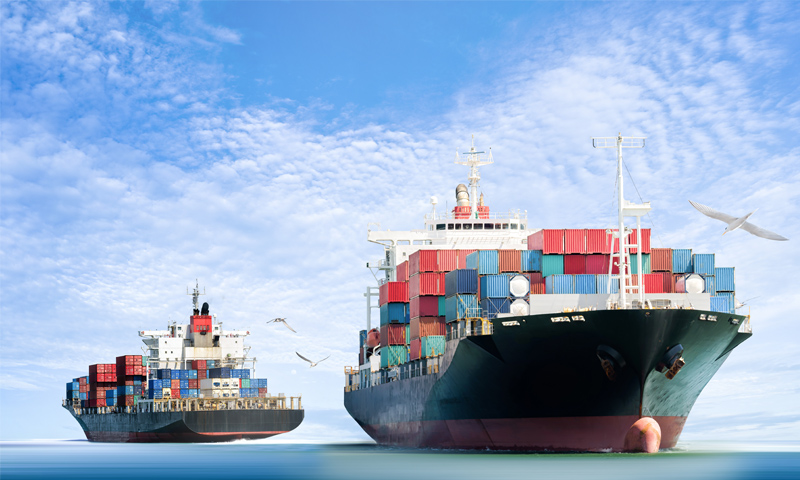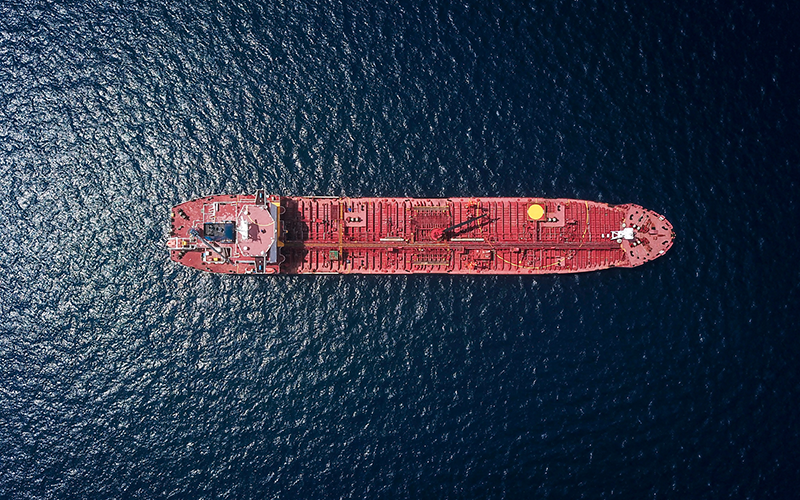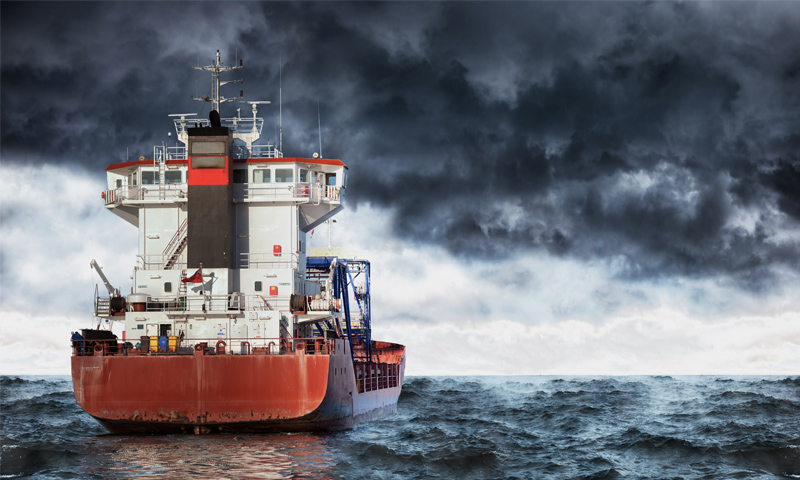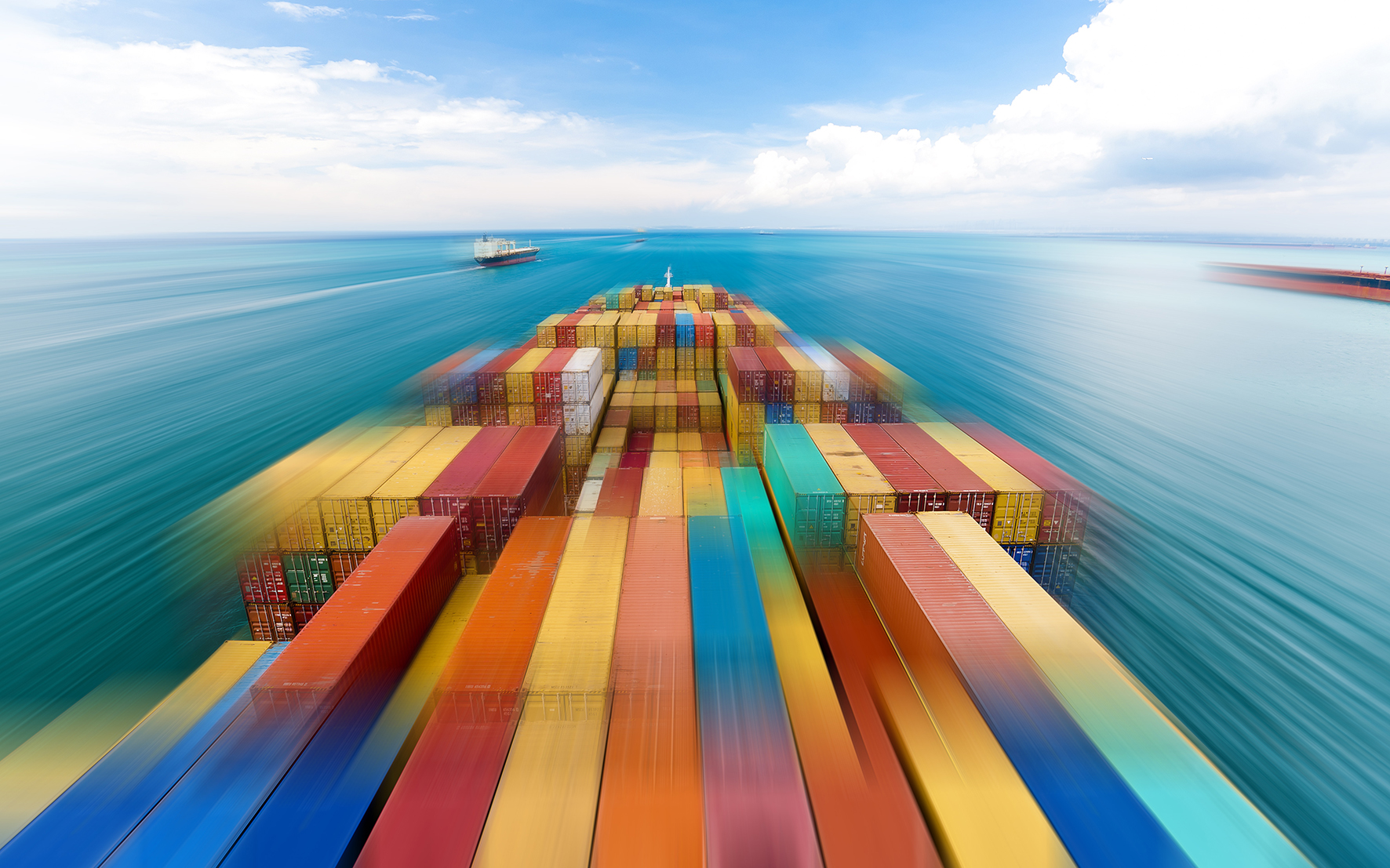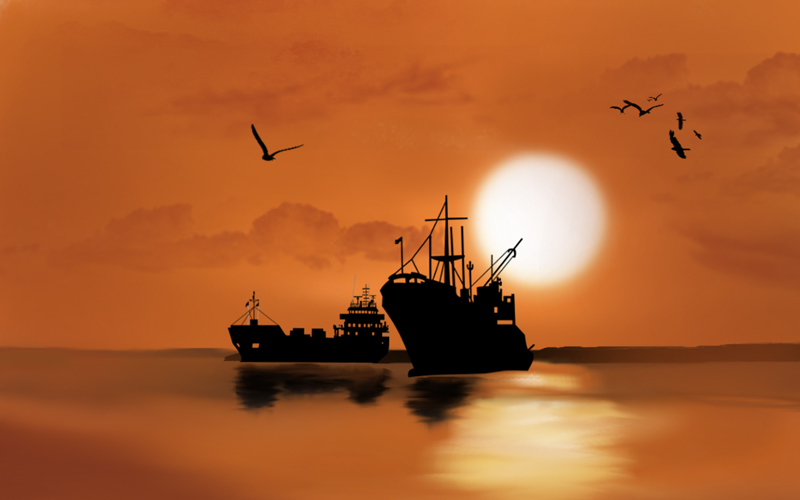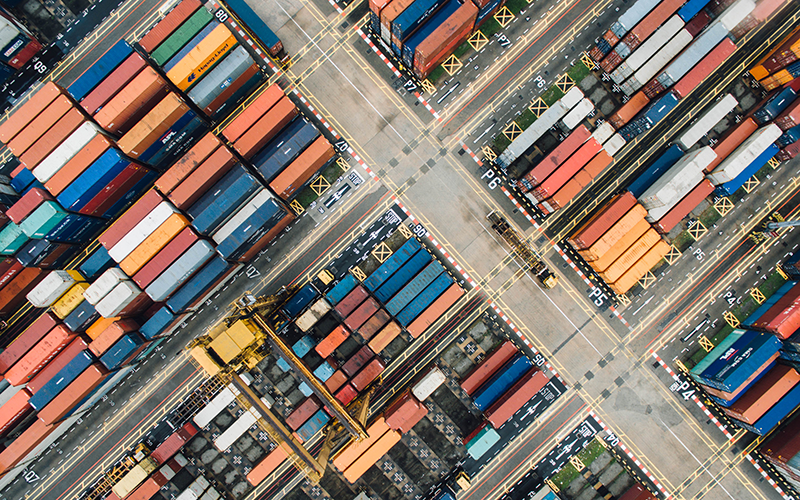Shipping
Global shipping is responsible for one gigatonne of Green House Gas (GHG) emissions annually, equivalent to 2–3% of total anthropogenic emissions. Left unchecked, it could represent about a fifth of GHG emissions by 2050. If the sector is to do its fair share under the Paris Agreement, emissions would need to peak as soon as possible and reach zero emissions by 2050 at the latest.
The UCL Energy Institute hosts a world-leading research group focused on the decarbonisation of the shipping sector. The shipping research group undertakes research to support the above using models of the shipping system, shipping big data, and social science analysis of the policy and commercial structure of the shipping system. The research group’s multi-disciplinary work is underpinned by state-of-the-art data supported by rigorous models and research practices, which makes it have a cutting edge on three key areas; using big data to understand drivers of shipping emissions, using models to explore shipping’s transition to a zero emissions future and providing interpretation to key decision makers in the policy and industry stakeholder space.
Within the UCL Energy Institute, the research group’s mission is to accelerate the transition to an equitable, globally sustainable energy system through world-class shipping research, education and policy support.
The shipping research group, through UMAS, undertakes a wide range of enterprise and consultancy for clients in the public and private sector, including the Department for Transport, UN International Maritime Organisation, Maersk, Shell and Global Maritime Forum, to name a few.
Our research interests
Research within the shipping research group is centred around three key areas:
1. Using big data to understand drivers of shipping historic energy demand and emissions
2. Using models to explore shipping’s future scenarios for shipping’s emissions, technology pathways and policy options to enable a transition to a zero emissions future
3. Using social science and socio-technical transitions to provide interpretation to key decision makers in the policy and industry stakeholder space.
Pioneering a new approach to estimate shipping emissions
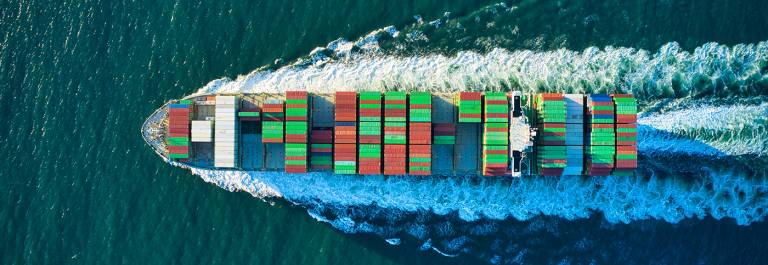
The research group has developed a new way to estimate emissions using satellite and terrestrial satellite data, which unlocks greater accuracy than previous methods and in turn enables greater confidence on GHG action and understand the drivers of emissions. The group led the United Nations International Maritime Organisation (IMO) 3rd GHG study and 4th GHG study, which have become a key reference for citing the sector’s GHG emissions, boosted by an award-winning interactive map (www.shipmap.org).
Modelling the evolution of shipping emissions, technology pathways and policy options
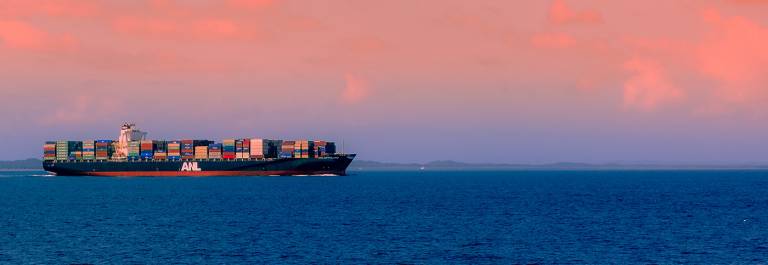
The research group has also developed the Global Transport Model (GloTraM), which performs a scenario-based analysis of the evolution of the shipping fleet and emissions to 2050. The model has been used by policy makers, Department for Transport, DG Clima, Danish Shiponwers Association, and has been described as the most sophisticated model to represent future shipping scenarios. The shipping group has also developed the ZEV (Zero Emission Vessels) model which evaluates the total cost of operation of different combination of zero emission fuels and technologies for different ship types.
Modelling the evolution of shipping emissions, technology pathways and policy options
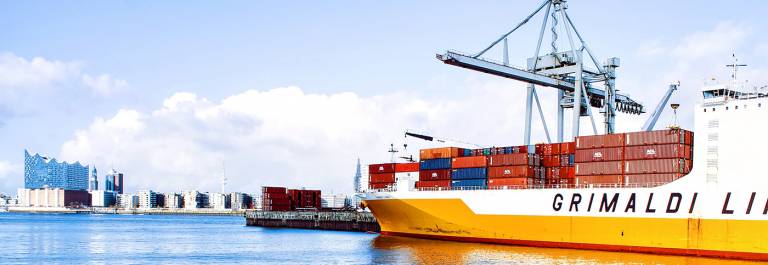
The research group is the leading authority in the understanding of barriers to decarbonisation in the shipping sector and using socio-technical transitions frameworks to provide interpretation to key decision makers in international, regional, national levels across both public and private stakeholders. Integrating socio-techno-economic research and frameworks such as socio-technical transitions e.g. Multi-Level Perspective with the research group’s significant modelling and engineering disciplinary focus enables the research group to achieve a multidisciplinary research perspective.
Research with impact
The shipping research group has been extremely successful in delivering real world impact via partnerships with shipping companies, financiers, regulators and NGOs. The work of these partnerships has been underpinned by data and methodologies researched and published by members of the shipping group. The research has been funded through a mixture of research grants and consultancy work through UMAS, a sector focussed, commercial advisory service.
Shipping research in teaching

Members of the shipping research group actively engage with supervision of PhD students and MSc students from the Energy Systems and Data Analytics and Economics and Policy of Energy and the Environment.
Economics and Policy of Energy and the Environment MSc
Students looking to apply their studies to the under-researched subject of shipping emissions find that they can provide unique contributions to their research topics when using shipping as a case study. Research topics include investigating policy options for decarbonising shipping, including market-based measures, understanding transitions and diffusion of innovations, and overcoming barriers to technology adoption.
Examples of previous dissertation:
- The diffusion of wind propulsion technologies in shipping: an agent-based model – also published as a paper
- Semi open-type market-based measures for international shipping
- Exploring uptake of virtual arrival policy for containerships in Chinese ports
Energy Systems and Data Analytics MSc
Leveraging the groups extensive data sets including FUSE (Satellite and terrestrial AIS data), Clarksons World Fleet Register, Shipping Information Network students have produced new insights for their dissertations.
Examples of previous dissertation:
- Investigating sustainability evolution in the container vessel industry
- New methods to estimate emissions from small ships
Doctoral Research (PhD)
Leveraging the shipping group’s enterprise activities and interconnectedness with the sector, the research group has a number of PhD students who have been funded via industry partners and EPSRC. Industrial partners have included BMT, Lloyds Register, Baltic Exchange, Enviu, UMAS International and Carbon War Room. PhD research in the group is centred around finance, economics, engineering, with the aim of decarbonising shipping.
Current PhD students:
- Marie Fricaudet
- Colin Robertshaw
- Isabelle Rojon
- Joseph Lambert
- Wendela Schim van der loeff
- Najood Al Mulla
Past PhD students:
- Nishatabbas Rehmatulla
- Sophie Parker
- Eoin O’Keeffe
- Jean-Marc Bonello
- Vishnu Prakash
- Domagoj Baresic
- Carlo Raucci
- Sinan Kalaz
Our researchers
Tristan Smith
Reader in Energy and Shipping
View Tristan's profile
Send Tristan an email
Nishatabbas Rehmatulla
Principal Research Fellow
View Nishat's profile
Send Nishat an email
Domagoj Baresic
Research Assistant
View Domagoj's profile
Send Domagoj an email
Aly Shaw
Research Fellow
View Aly's profile
Send Aly an email
Alexis Fidgett
Joseph Taylor
James Stewart
Aidee Saucedo
 Close
Close


